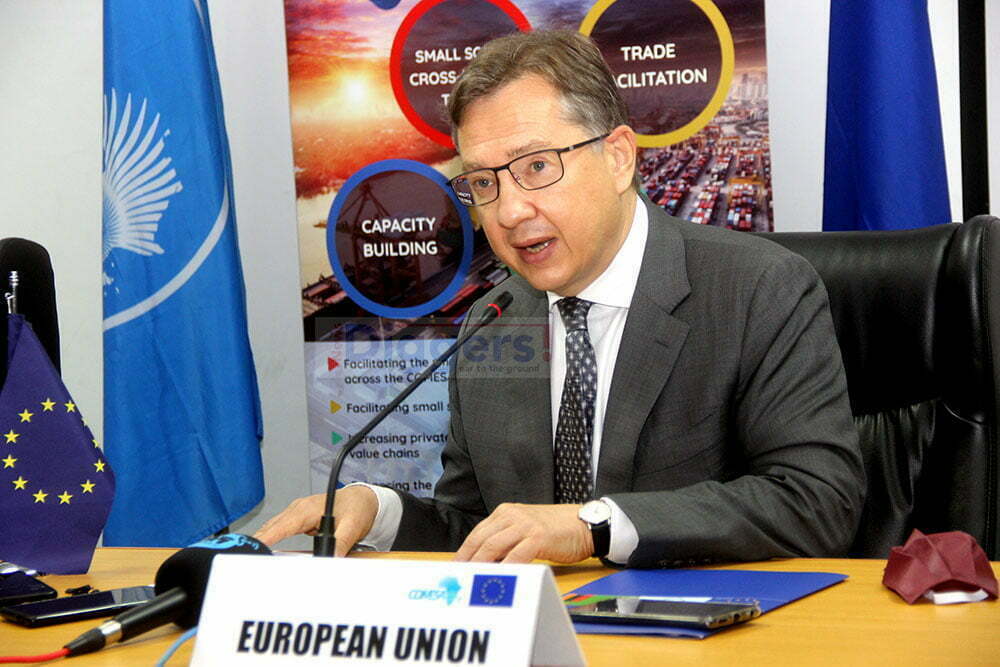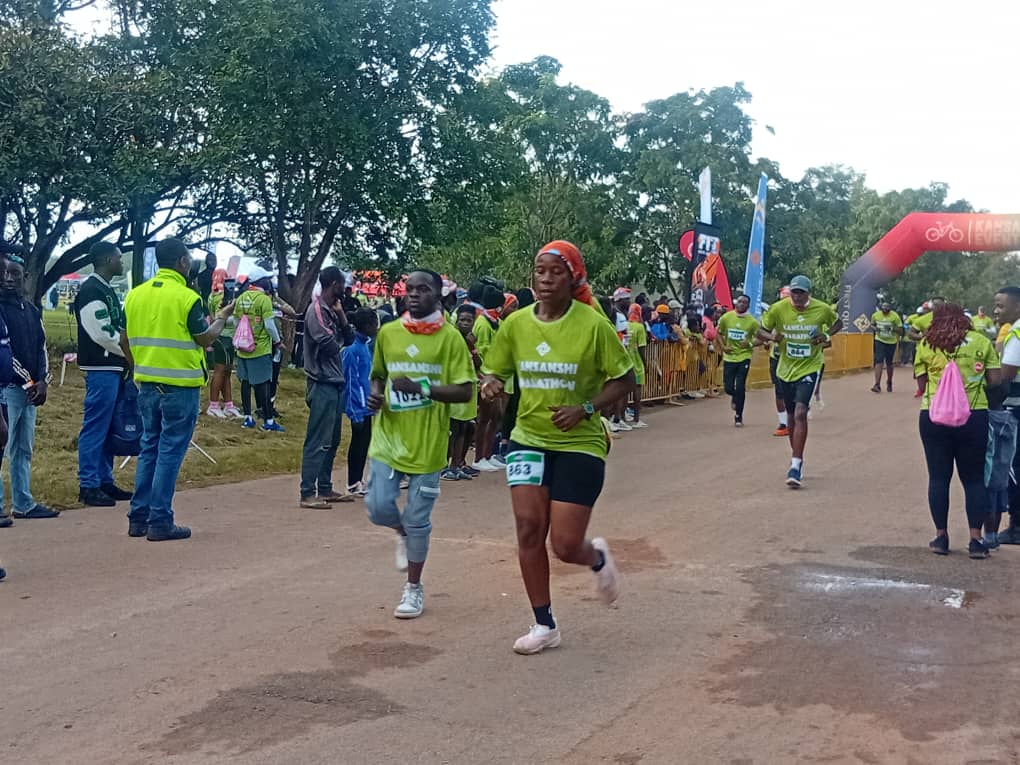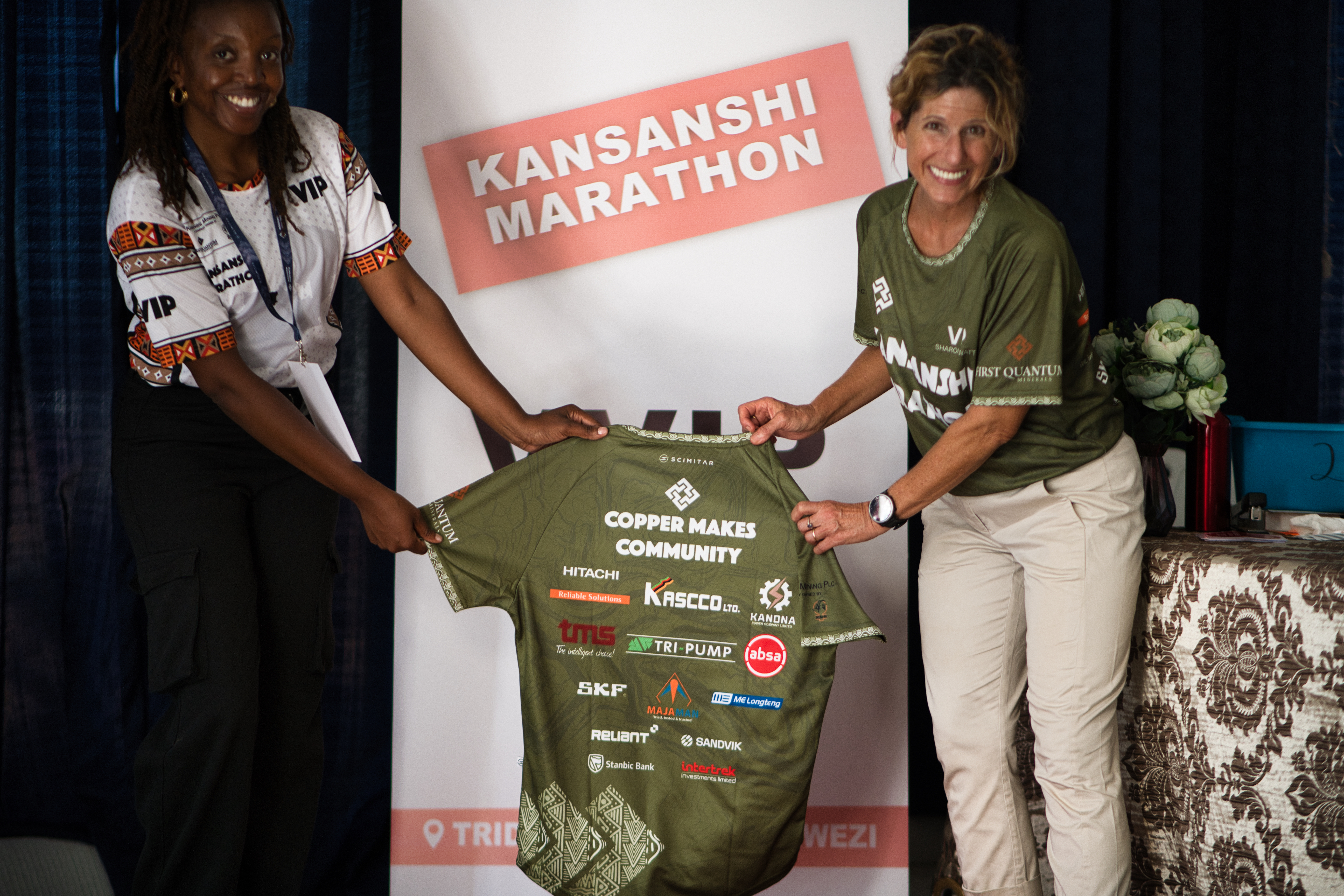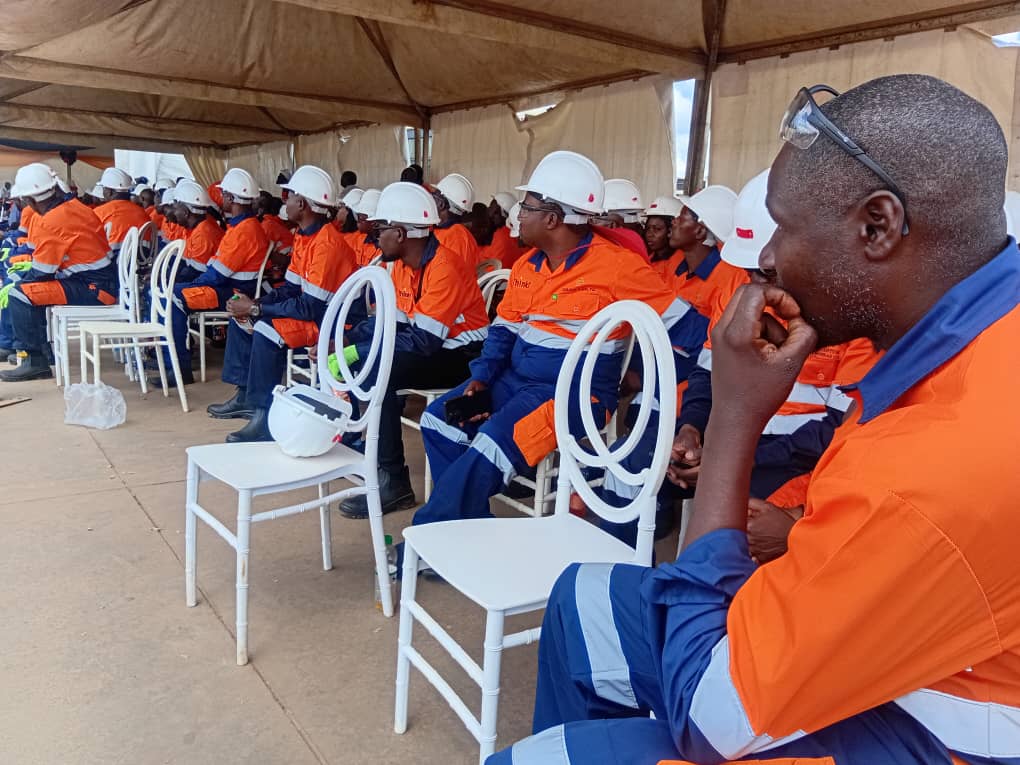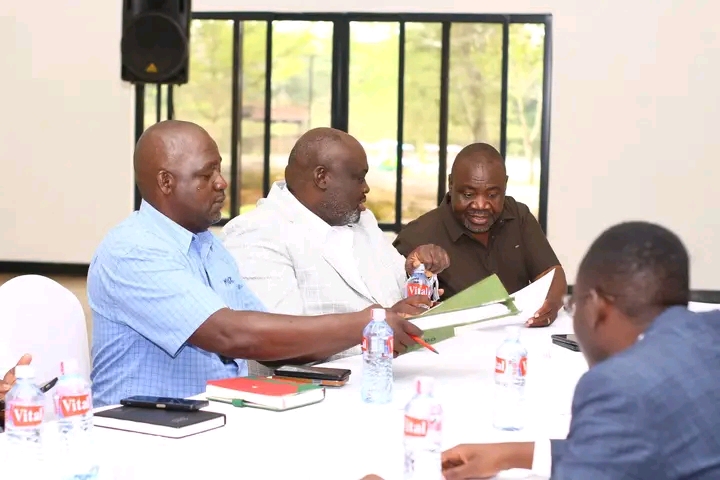THE European Union (EU) has provided a grant of £30 million under its Multinational Indicative Programme for Sub Sahara Africa to reinforce the financial envelope for the plunge pool works at the Kariba Dam in Siavonga.
EU Ambassador to Zambia Jack Jankowski, who expressed disquiet over the delayed project, announced this during yesterday’s familiarisation tour of the Kariba Dam by the Council of Ministers drawn from Zambia and Zimbabwe.
Mr. Jankowski said the resources would be mobilised soon.
He said the resources would bring the total contribution for the project to £113 million of EU support as if December, this year.
“At that point the European Union contributions to the project will be £113 million, mainly for the works to reshape the plunge pool, 100 percent financed by our grant money that will not be reimbursed,” he said.
Mr. Jankowski commended the Zambezi River Authority (ZRA), Sticky Engineering and contractor Razel-Bee for the effort made despite the technical challenges encountered in implementing the project saying the completion of the cofferdam was a major milestone.
“Unfortunately for many reasons, we are still facing delays and we are very concerned about this. If the original calendar had been respected, works should have been completed more than two years ago,” he said.
He noted that according to the latest version of the Programme, works were expected to end in one-year-and-four-months period from today (yesterday), which was more than three and half years behind schedule.
The Kariba Dam Rehabilitation Project (KDRP) is a U$300 million project, jointly funded by Zambezi River Authority (ZRA), the World Bank, the African Development Bank (AFDB), the Swedish International Development Android Co-operation Agency and the EU.
The KDRP, is one of the most important projects of the EU partnership with Zambia.
The EU commuted more than £4 billion to support Zambia progressing towards the project.
Finance Minister Situmbeko Musokotwane expressed confidence that the remaining works would progress as scheduled, despite the challenges from which he believed lessons had been learnt to inform implementation going forward.
“As Government, I wish to emphasise that we cannot afford any more delays on this project, given that delays proved costly and pose a risk to timely restoration and full utilisation of this strategic infrastructure,” he said.
Council of Ministers Chairperson Zhemu Soda hailed the EU for providing he additional funding for the project.
Mr. Soda who is Zimbabwe’s Energy and Development Minister, said with the current activities going on electricity generation would not be affected in the two countries.




